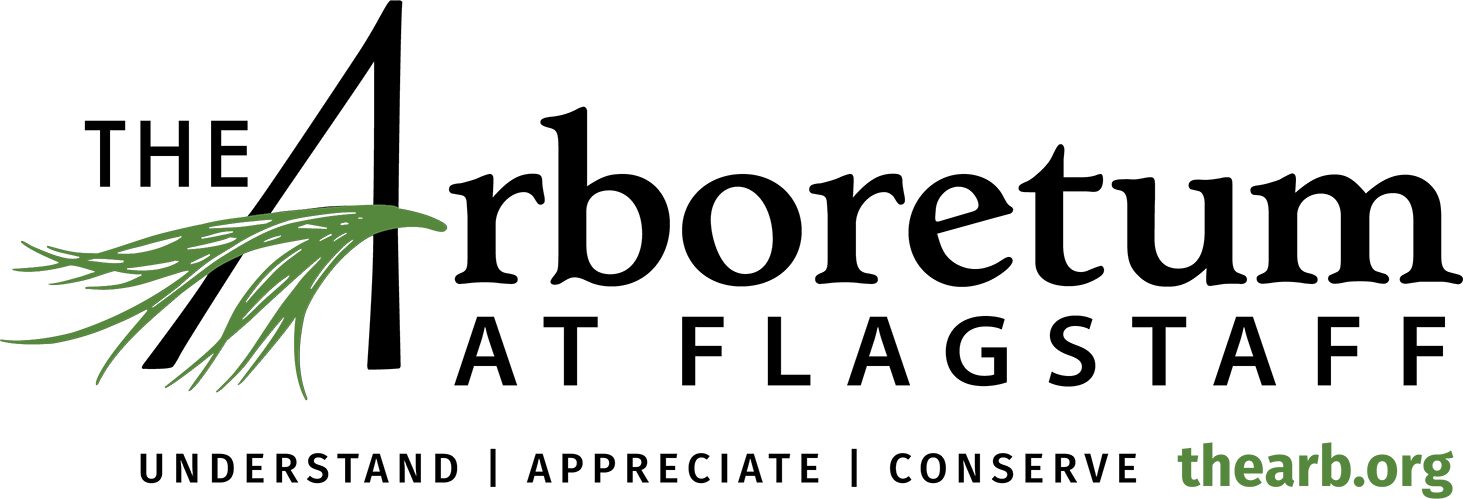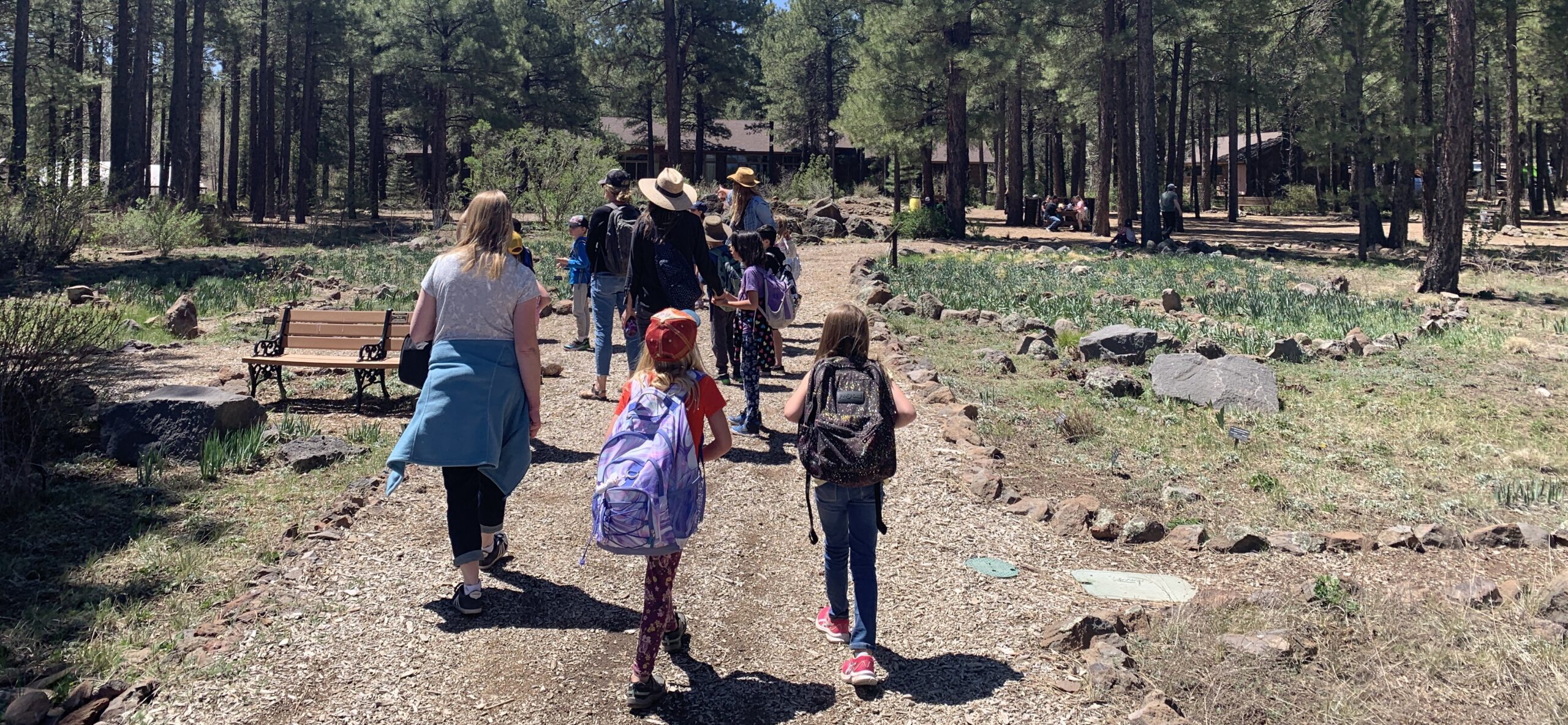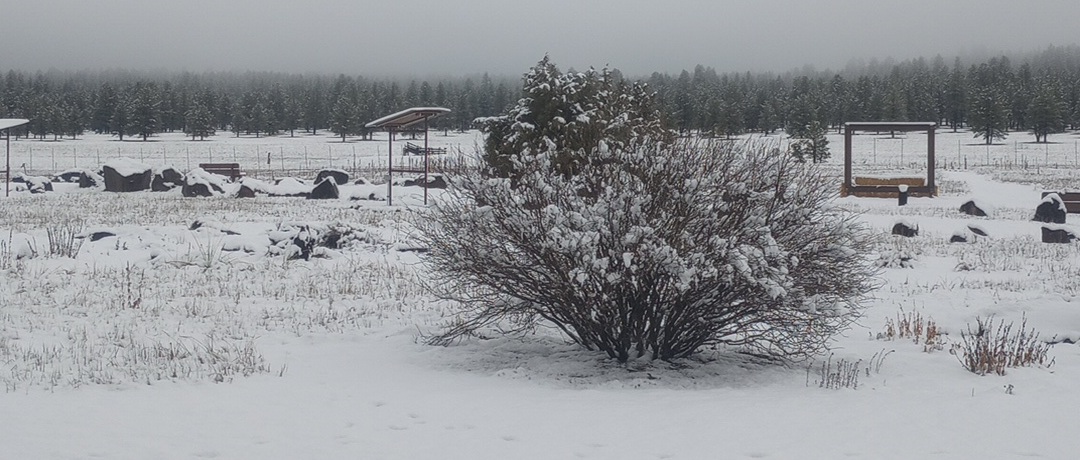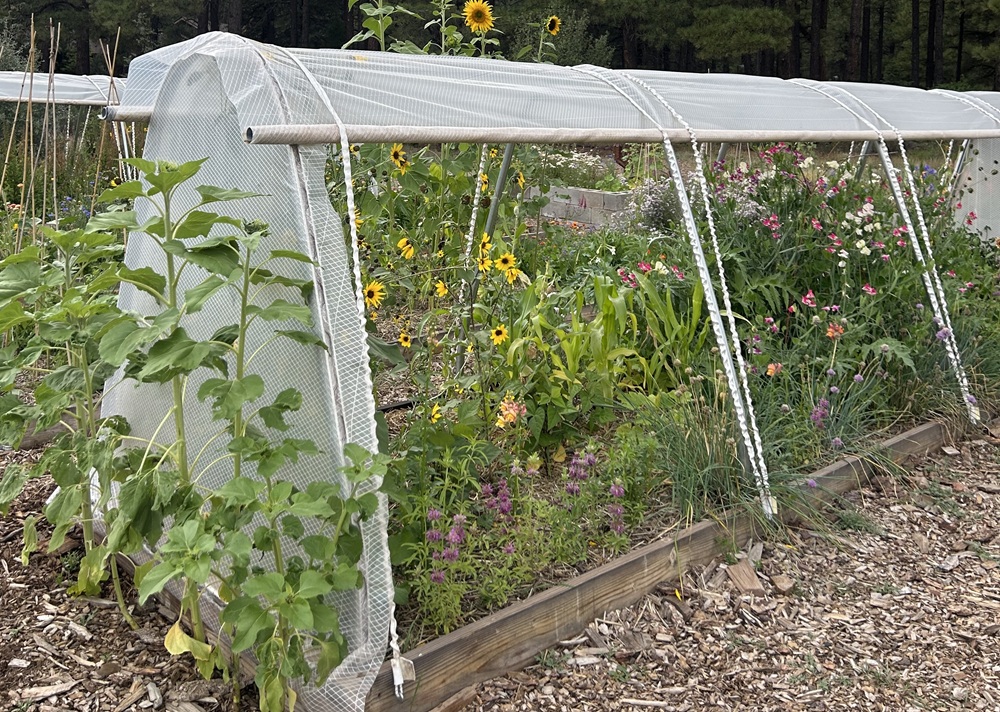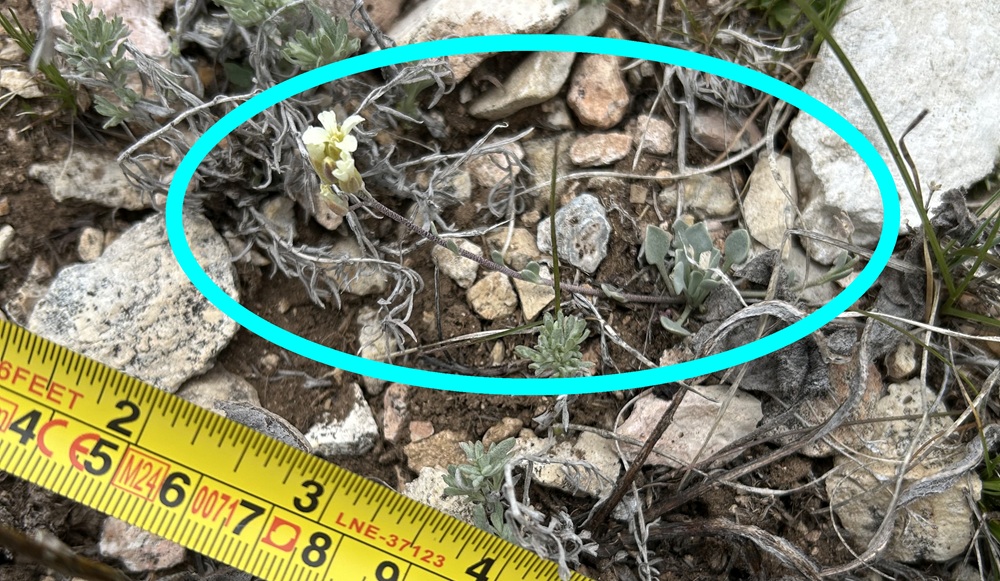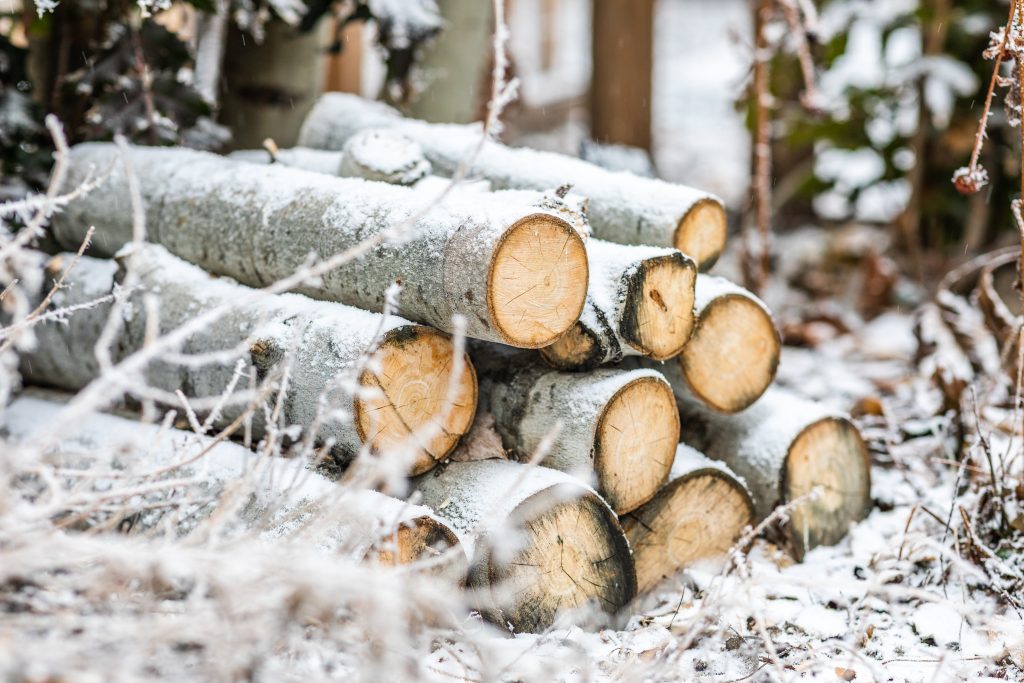Photo: Summer camps at the Arboretum provide children with place-based exploration of the natural world and empowers them to become the next generation of environmental stewards through these early childhood connections.
The late ecologist Edward Wilson’s biophilia hypothesis claims that humans have a biologically based inherent need to connect with nature.
This concept suggests that human identity and personal fulfillment is dependent on interacting with and developing lasting relationships with the natural world. The human need for nature is linked not just to the material use of the environment but also to the influence of the natural world on the emotional, cognitive, aesthetic, and even spiritual development of people. In the United States and across the globe, however, human communities are facing rapid alterations in technology and patterns of living. More and more adults and children are carrying out their lives in highly technical and industrialized cities where there is often a drastic reduction or complete elimination of natural areas and wildlife, leaving people with little-to-no frequent interaction with wild places, plants, and animals.
Yet, the biophilia hypothesis suggests that when human beings remove themselves from the natural environment, the biophilic learning rules are not replaced by modern versions. Instead, they persist from generation to generation, atrophied in the artificial new environment of concrete and technology. In light of Wilson’s arguments, the question arises: if biophilia is atrophied, is there a process by which people, particularly children, can experience intimate contact with nature and come to know its benefits and thus, fill the need for biophilia?
Here in Flagstaff, The Arboretum strives to address this situation by offering quality and affordable experiential education programs at our 200-acre outdoor classroom consisting of gardens, greenhouses, wetlands and forestland trails. In this way, we are offering our longstanding Eco-Explorers Summer Camps for children ages 5-11 starting again this June. Campers will be immersed in the beauty of the Colorado Plateau while being encouraged to discover the natural world through place-based and hands-on learning opportunities that align with Arizona science standards. They will also have the opportunity to meet other adventurous kids like them!
Our summer camp programming is focused on a different scientific and ecological theme for each camp session. Camp themes, dates and topics for 2025 include:
Pollinator Power (June 9-13)
Buzz into the world of bees, butterflies, and other incredible pollinators! Campers will discover how these tiny creatures help plants thrive, explore colorful gardens, and participate in hands-on activities like building bee hotels and creating pollinator-friendly crafts.
Wilderness Explorers I (June 16-20)
Get ready for an exciting adventure in the great outdoors! Campers will embark on daily expeditions through the Arboretum’s grounds, gardens and trails, learning basic outdoor skills like using a compass for navigation, identifying landmarks, and reading maps. Along the way, campers will discover the secrets of the wild—such as spotting animal tracks and understanding the importance of Leave No Trace principles. This week is perfect for young explorers ready to build confidence, teamwork, and a deeper connection to nature. This week ends in a camp out under the stars for campers ages 8-11 *additional cost applies.
Wilderness Explorers II (June 23-27)
This week campers take their wilderness skills to the next level. This week builds on the foundations of Wilderness Explorers 1, introducing the importance of fire safety, identifying edible plants, and practicing teamwork in exciting outdoor challenges. This week ends in a camp out under the stars for campers ages 8-11 *additional cost applies.
Creature Camp (July 7-11)
This week, campers will explore habitats, search for signs of wildlife, and meet live animals up close. From insects to mammals, this camp is perfect for kids who love discovering and learning about animals of all kinds. Through guided nature hikes and hands-on activities, they’ll uncover the secrets of how animals adapt to their environments. Campers will also investigate tracks, scat, and other clues animals leave behind, sharpening their wildlife detective skills. Each day is filled with fun and discovery, helping campers deepen their understanding and appreciation of the amazing creatures that share our world.
Weird Plant Science (July 14-18)
Get ready for a week of weird plant science, where campers will uncover the strange and fascinating secrets of the plant world! Campers will explore, experiment, and create while learning about nature’s weirdest wonders through hands-on activities such as dissecting seed pods, making natural dyes from native plants, and exploring the underground world of fungi and roots. This week will spark curiosity and fun as campers connect with the unique flora of the Colorado Plateau.
All the camps described above will be held Monday – Friday from 9:00 am-4:00 pm. Registration is now open by going to https://thearb.org/summer-camps. Campers must be prepared to be outdoors most of the day (weather permitting) which supports and encourages their need for biophilia. I hope you consider registering your child today.
Nate O’Meara is the Executive Director of The Arboretum at Flagstaff.
